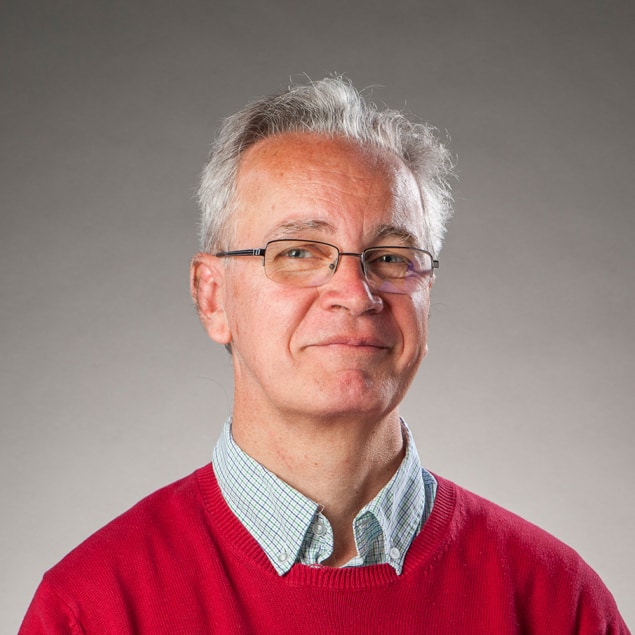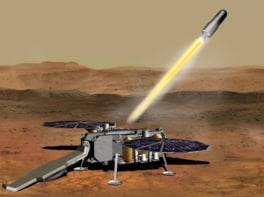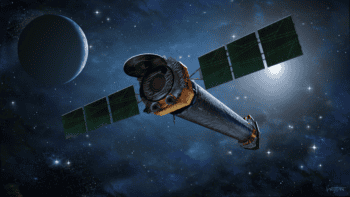Philippe Blondel is senior lecturer and deputy director of the Centre for Space, Atmospheric and Oceanic Science at the University of Bath, UK. Blondel is one of 10 physicists profiled in the March issue of Physics World to launch our new Ask Me Anything careers advice column

What skills do you use every day in your job?
My physics degrees covered a wide range of topics, from quantum mechanics to electronics. I decided to specialize in geophysics, specifically remote sensing, which makes use of sensors, wave propagation and signal/image analysis. My PhD was about radar imaging of Venus, and afterwards, I worked on sonar imaging of the Earth. Having worked with a multitude of people over several decades, I have realized that everybody needs a physicist. The technical skills we learn, such as numeracy and programming, are useful to work with all other disciplines. As physicists, we are not afraid of equations or complex instruments, and have the tools to adapt to many different things. Today, I am a Chartered Geologist, as well as a Fellow of the Institute of Acoustics.
Soft skills will vary with the jobs, and they are not always taught in a degree, but I was fortunate to be able to catch up on the job. Communication skills are extremely important: it is crucial to explain and “reach out” to other disciplines. People management is key when working in multidisciplinary teams: respecting each other and understanding we might have different ways of looking at the world but still all want the best outcomes. Time management becomes increasingly important as we progress, and keeping a healthy work–life balance (making us more productive in the end).
What do you like best and least about your job?
Discovery is the best part of the job: every day, you learn new facts, new skills and you can participate in very innovative projects. Right now, I am working on acoustic signatures of climate change in the Arctic, on measuring and mitigating the impacts of human noise on marine life, as well as working with some world-leading industries. It means I work with a variety of researchers and end-users, but I also need to interact with policy-making and help design the international standards of the future. Second best is the possibility to encourage younger scientists to pursue their own ideas, helping them connect across the field, and then step back and see how well they are doing. Teaching is a great opportunity for that: I love the “light bulb” moments, when students realize they can do something hard by themselves.
Every job has its downsides, of course. For me, it is having to justify how we meet particular targets, fill in audit forms with unclear guidance (and sometimes ridiculously short deadlines). But it is more than balanced by the pleasure in seeing our students thrive, keeping in touch after they graduate and seeing how they develop. There is also the thrill of watching the results of our research being used around the world.
What do you know today that you wish you knew when you were starting out in your career?
“Follow your heart” is a common answer, but it needs to be modulated with a scientific approach to the possible outcomes, and you need to remember the future is unpredictable. Originally, I wanted to become an astronomer and look at planets and stars. Job prospects in France were limited at the time I chose my undergraduate options, and I focused on other skills. Be open to possibilities, and be aware that not all dreams are possible, but don’t abandon them either. Remember that there will be new types of jobs in the future that we cannot expect right now. Some authority figures can be very assertive about what needs to be done and how. My personal advice would be never to take these forceful statements as the gospel truth. It is good to listen to different voices, and to make your own, justified choice. Finally, linear careers are no longer the norm, and you might need to change jobs along the way. The skills we learn as physicists are useful for all sorts of things, and Physics World has plenty of very good role models and personal stories to show how useful physics is everywhere.



